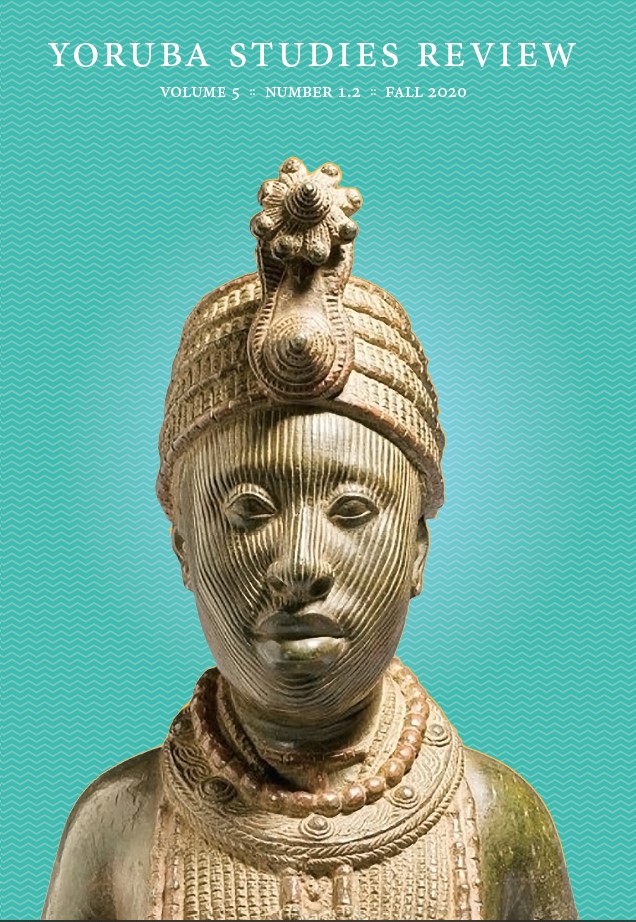Abstract
Literary satire is generally a social pre-occupation; an attempt to contribute to the advancement of a society in all the ramifications of the word. Tis is done by humorously pointing out individual or collective non-conformation to accepted norms and ethos. The task however demands subtlety, especially in the use of language by the satirist who must bring his or her ideas to the forte. Tis essay submits that in Ìdààmú Páàdì Mínkáílù, Adébáyò ̣ Faleti draws out from the reader a mirthless laughter in the confusion of a religious priest and elder statesman, who must not divulge the confession of a repentant member of his congregation, but who, at the same time, must ensure the obedience to, and the maintenance of the social order in his society. The satirist’s bias and the probable reasons for it are highlighted in the essay.

This work is licensed under a Creative Commons Attribution-NonCommercial 4.0 International License.
